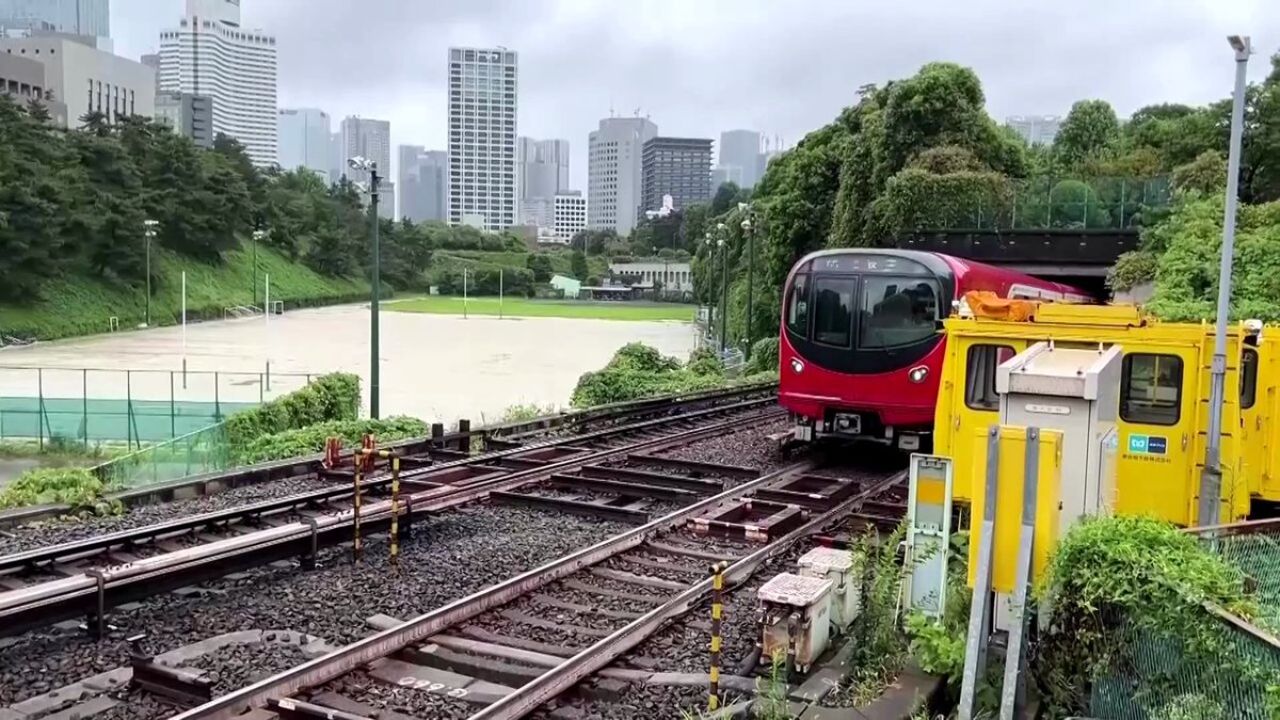
Japan and Tokyo Governments Aim for $4.7 Billion: The government and people of Tokyo want to do their first initial public offering (IPO). They want to get ¥700 billion, which is about US$4.7 billion, in shares from the people.
The first public offering (IPO) for the train company is set to take place at the end of October. The country hasn’t seen an IPO this big in about six years.
Both the Tokyo and Japan government owns 100% of Tokyo Metro and plan to brief brokerages on the IPO at a meeting within a week.
Also Read: CARS24 soon expected to launch its IPO to Seize Growth Opportunities, Says Co-Founder
Sources say they expect to get approval for the launch from the Tokyo Stock Exchange by the middle of September.
The first public offering (IPO) could bring in ¥350 billion because half of the business is being sold. This would be bigger than Kokusai Electric’s IPO last year and the biggest since SoftBank Group put its telecom unit on the stock market in 2018.
The Tokyo government said that the sale date has not been set and is still being talked over with the national government. When asked for a response, the finance ministry did not give one. Tokyo Metro said it wouldn’t say anything about how the showing was going. The Tokyo Stock Exchange is run by Japan Exchange Group, which said it couldn’t say anything about specific companies.
Also Read: Interarch Building Issue Launches at ₹850-₹900 Price Band
The IPO comes after other railroad companies, like Kyushu Railway (JR Kyushu), went public in 2016. Tokyo Metro has 195 kilometers of lines that move 6.5 million people every day.
The Tokyo Underground Railway Company was set up in 1920. Japan’s first train line opened after seven years. It went from Asakusa in Tokyo to Ueno.
The company’s net income doubled to ¥46 billion in the fiscal year that ended in March 2024. This was because the economy slowly got better after the COVID-19 pandemic.
The company’s main businesses are real estate and retail.
The government, which owns 53.4% of Tokyo Metro, wants to use the money to pay back bonds that were issued after the earthquake and tsunami in 2011. The Tokyo government owns the last 46.6% of the train company.
Also Read: JSW Cement Submits IPO Documents, Soon Expected to Launch Its First IPO
